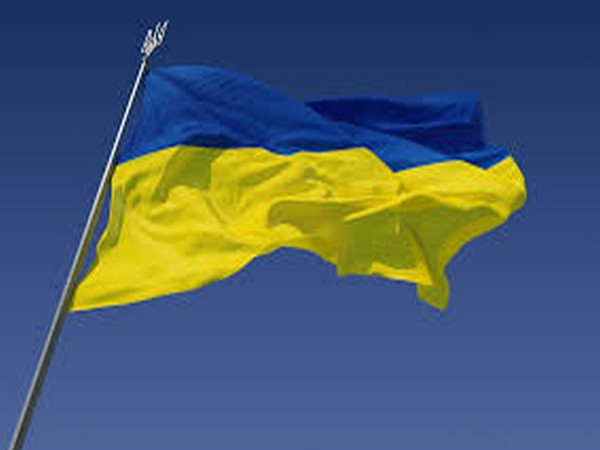FACTBOX-Ukraine's energy options limited in case of conflict with Russia
Ukraine has not been importing gas in recent months but has 11.3 bcm of gas in storage owned by Ukrainian companies. In case of termination of transit or destruction of transit pipelines, according to sources familiar with the situation in the sector, Ukraine would be able to provide gas to households and critical infrastructure for 5-7 days, depending on weather and other conditions.

- Country:
- Ukraine
Ukraine, with a population of 41 million, is one of the largest energy consumers in Europe and is also a key transit country for Russian gas to Europe. Following are some ways energy supplies could be hit in the event of an open military conflict with Russia, according to official sources and experts:
NATURAL GAS The domestic gas supply system is integrated into transit gas pipelines and is heavily reliant on gas supplies from Russia to Europe. Transit gas pipelines make it possible to maintain the necessary level of pressure in the Ukrainian gas network to supply gas both to Europe and to domestic consumers.
Ukraine has not imported gas directly from Russia since 2015, but it buys it from Western traders as part of Russian gas that goes through Ukrainian territory to Europe. Ukraine consumed 27.3 billion cubic meters (bcm) of gas with its own production of about 19.8 bcm in 2021. Imports amounted to 2.6 bcm, while 4.9 bcm of gas was taken from underground storage.
Households used 32% of the consumed gas; heat producers 24%; industry, the army and other consumers 44%. If Russia maintains gas transit through Ukraine and transit gas pipelines remain operational, Ukraine is able to provide the population and industry with gas.
During the cold season, Ukraine consumes about 140-150 million cubic meters (mcm) of gas per day, including its own production of 55 mcm. Up to 90 mcm can be taken from underground storage. Ukraine has not been importing gas in recent months but has 11.3 bcm of gas in storage owned by Ukrainian companies.
In case of termination of transit or destruction of transit pipelines, according to sources familiar with the situation in the sector, Ukraine would be able to provide gas to households and critical infrastructure for 5-7 days, depending on weather and other conditions. After transit were halted, the pressure in the system would begin to decrease and Ukraine would not have sufficient volumes of gas in storage to maintain pressure and supply gas to consumers.
Shutting off gas supplies to industry could extend the life of the system by several days, sources said. In theory, gas could be imported up to 40 mcm per day, but this is barely feasible due to a lack of freely available resources in Europe and funds to buy it.
Replacing gas with another type of energy, such as electricity, is only partially possible as the country uses gas to produce some of its electricity and has insufficient coal reserves for its coal-fired plants. ELECTRICITY
According to the energy ministry, Ukraine consumes about 23,000 megawatts and has an additional capacity to produce another 3,400 megawatts. About 55% of production is provided by four Ukrainian nuclear power plants, and 29% by thermal plants.
However, part of the thermal generation is fired by gas, consuming up to 10 mcm per day, meaning that would suffer a knock-on effect of any disruption to gas supplies. Other thermal plants are powered by coal. In 2014, pro-Russian separatists gained control of almost all Ukrainian coal mines that previously supplied coal to the country's thermal power plants, and Ukraine is forced to import coal, mainly by sea.
The government says the power generating companies have contracts for supply of imported coal until the end of the heating season. However, the small amounts of coal reserves at thermal stations mean they cannot increase generation. Ukraine also imports electricity from Belarus, but its supplies depend on the political will of Minsk, an ally of Russia, and the safety of the power lines.
Ukraine does not have the technical ability to import electricity from Europe for consumers in all regions. GASOLINE
Ukraine is almost 50% dependent on imports of gasoline from Belarus, supplies of which increased by 17% in 2021 to around 1 million tonnes. In the diesel fuel sector, important for the armed forces, the share of Russian supplies stood at about 30% or 2 million tonnes.
(This story has not been edited by Devdiscourse staff and is auto-generated from a syndicated feed.)
- READ MORE ON:
- pro-Russian
- Minsk
- Ukraine
- Europe
- energy ministry
- Ukrainian
- Belarus
- Russia
- Russian










